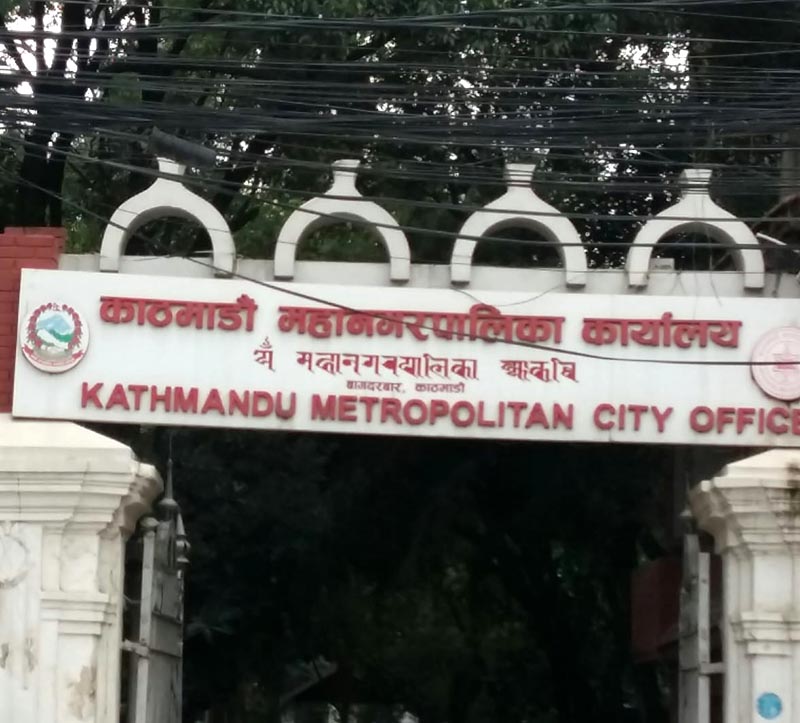KMC set to launch ‘Cash for Work’ scheme
KATHMANDU, JUNE 5
Kathmandu Metropolitan City has issued a procedure to guarantee a source of livelihood to the daily wagers, who have been rendered jobless for more than two months as economic activities have been completely halted due to the COVID-19 pandemic and subsequent nationwide lockdown.
The procedure came into force following approval of the municipal executive of KMC. According to the metropolis, the procedure was issued to help thousands of daily wagers and their families residing in the city cope with the situation worsened by the protracted lockdown enforced to contain the spread of the deadly virus.
As per the procedure released by the metropolis on its official website, the wards concerned will mobilise the unemployed daily wagers in public infrastructure development, maintenance, sewerage and footpath management, heritage conservation and beautification, public park protection and greenery development, sanitation and waste management and other works as prescribed by KMC.
Labourers, who have been residing inside KMC for the past six months and are physically capable of working in the assigned areas, will be benefited from ‘Cash for Work’ programme. “One person from each family of daily wagers will be mobilised in work for at least twice a week. The labourers will get a wage fixed by the Government of Nepal for unskilled workers,” the procedure reads. For the current fiscal, the government had set minimum monthly wage of unskilled labourers at Rs 13,450.
The concerned ward secretary or member will maintain daily attendance of the daily wagers in the field.
Work duration will be generally eight hours a day. KMC has already collected the data of daily wagers living in Kathmandu for this purpose.
Though the government recently said no one should die of hunger during the lockdown that has deprived tens of thousands of poor people and daily wagers of their livelihoods, it has yet to announce a comprehensive relief package for them.
Lockdown imposed by the government to combat the spread of COVID-19 has confined people to their homes and suspended all economic activities. Rights bodies have expressed concern about devastating impact of the lockdown on the poor people, who work in informal sector with no or little savings.
A version of this article appears in e-paper on June 6, 2020, of The Himalayan Times.






